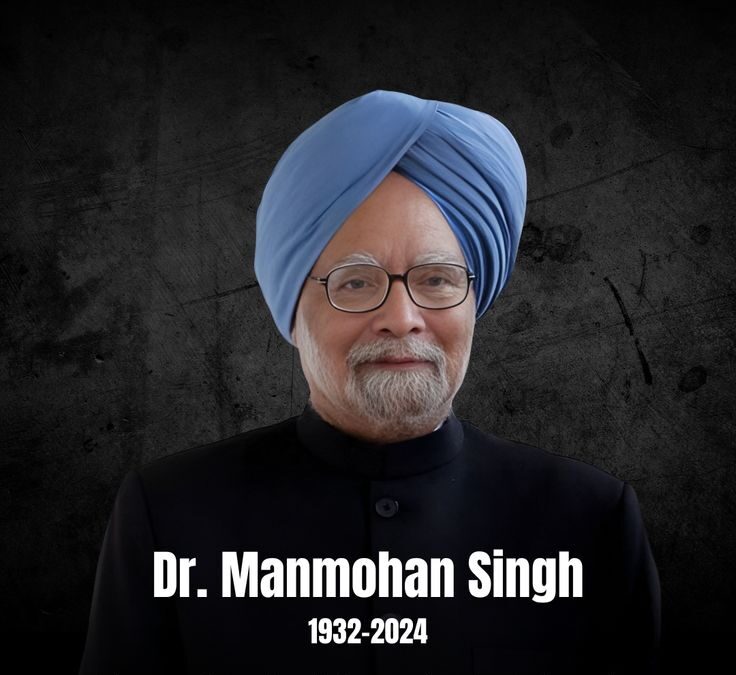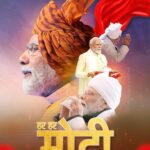Manmohan Singh: A Visionary Leader Who Revolutionized India’s Economy
Manmohan Singh, the 13th Prime Minister of India, is often regarded as one of the most influential figures in modern Indian history. His tenure, spanning from 2004 to 2014, was marked by numerous challenges, but it also witnessed transformative changes that significantly impacted India’s economic and global standing. His calm, intellectual approach to leadership and his significant contributions to India’s economic reforms have earned him respect, not just in India, but globally. This article dives into the life, legacy, and contributions of Manmohan Singh, exploring how he changed India’s economic landscape and made a mark on society.
Early Life and Education
Born on September 26, 1932, in Gah (now in Pakistan), Manmohan Singh grew up in a modest Sikh family. He faced the tumultuous times of partition, which had a profound effect on his childhood. However, his early life was marked by a thirst for knowledge, which later became a driving force in his political and economic career.
Singh completed his schooling in Punjab and later went on to study at Panjab University, where he earned a degree in economics. His academic excellence led him to Cambridge University and then to Oxford University, where he earned a DPhil in economics. His impressive academic background laid the foundation for his deep understanding of economics and his later success in transforming India’s economic policies.
Early Career and Rise in Politics
Before entering the political sphere, Manmohan Singh held several important positions in government and academia. He worked as an economic advisor to the government of India in the 1970s, and later served as the Reserve Bank of India’s deputy governor. His significant contributions as an economist earned him a place at the global stage, where he was widely recognized for his expertise.
In 1991, under the leadership of then Prime Minister P. V. Narasimha Rao, Singh was appointed the Finance Minister of India. This was the beginning of his career-defining role in India’s economic reforms. It was during this time that Singh played a pivotal role in the liberalization of India’s economy, pushing for policies that would open up the country to global markets and shift its economic focus towards privatization and free markets.
Manmohan Singh as Prime Minister
In 2004, Singh became the Prime Minister of India, leading a coalition government for two consecutive terms. His tenure was marked by significant challenges, including global economic instability and political hurdles within the coalition. Despite this, Singh’s leadership was rooted in his deep understanding of economics and governance.
During his tenure as Prime Minister, Singh focused on several key areas, including economic growth, poverty alleviation, infrastructure development, and social welfare. His leadership helped India emerge as one of the world’s fastest-growing economies during the first decade of the 21st century.
Economic Reforms and Policies
One of Manmohan Singh’s most enduring legacies lies in his role as the architect of India’s economic reforms. In 1991, he introduced sweeping economic reforms that included reducing tariffs, devaluing the Indian rupee, and encouraging foreign investments. These reforms helped India transition from a largely closed economy to a more open, market-driven economy.
Singh’s policies were instrumental in opening up the Indian economy to global trade and investment, leading to a period of rapid growth and modernization. His initiatives laid the groundwork for India’s rise as a global economic power in the years that followed.
As Prime Minister, Singh continued to prioritize economic growth, overseeing policies that included further liberalization and expansion of the information technology sector, among other industries. The Indian economy grew at a remarkable rate, with GDP growth reaching an average of 8% during his time in office.
Challenges and Criticisms
Despite his remarkable achievements, Manmohan Singh faced several challenges and criticisms during his time as Prime Minister. One of the most significant criticisms was his perceived inability to assert control over his coalition government, which was marked by internal power struggles and corruption scandals. Critics argued that his leadership was passive and lacked the decisiveness needed to address some of the country’s pressing issues.
However, many of these criticisms overshadowed his monumental achievements in the areas of economic reforms and foreign policy. Singh’s tenure as Prime Minister also witnessed the 2008 global financial crisis, which had an impact on India’s economy. Nonetheless, Singh’s leadership helped the country weather the storm and remain resilient in the face of global challenges.
Foreign Policy and Global Influence
Singh’s tenure as Prime Minister also marked a period of enhanced global engagement. He prioritized strengthening ties with key countries and played an instrumental role in India’s engagement with the United States and the broader international community. Notably, his government was responsible for the 2008 Indo-US nuclear deal, which helped position India as a key player in global geopolitics.
Under Singh’s leadership, India developed closer ties with neighboring countries, as well as with global economic powers like the European Union, Russia, and China. His government also worked towards enhancing India’s role in international organizations such as the United Nations and the World Trade Organization.
Legacy and Impact on Society
Manmohan Singh’s leadership has had a profound impact on India’s development. His policies of economic liberalization laid the foundation for India’s emergence as a global economic force, and his tenure as Prime Minister helped position the country as an attractive destination for foreign investment.
Singh’s leadership in the areas of education, healthcare, and poverty alleviation also contributed to improving the lives of millions of Indians. While his economic policies lifted millions out of poverty, his focus on social programs also ensured that India’s growth was inclusive.
Manmohan Singh’s calm demeanor and intellectual approach to governance have earned him respect and admiration both in India and abroad. His leadership has inspired future generations of politicians and economists to focus on evidence-based decision-making and sound economic policies.
FAQs about Manmohan Singh
Q1: What was Manmohan Singh’s role in India’s economic reforms?
Manmohan Singh is widely regarded as the architect of India’s economic liberalization in 1991. His reforms opened up India’s economy to the world, leading to rapid economic growth and modernization.
Q2: How did Manmohan Singh impact India’s foreign relations?
Singh worked to enhance India’s global standing, particularly through the Indo-US nuclear deal and improved relations with key countries like the United States, Russia, and China.
Q3: What challenges did Manmohan Singh face as Prime Minister?
Singh faced internal challenges within his coalition government, dealing with corruption scandals and political instability. Despite this, he was able to maintain India’s economic growth and global standing.
Manmohan Singh’s legacy is one of intellectual rigor, economic vision, and steady leadership. His contributions to India’s growth story are unparalleled, and his vision continues to shape India’s future. Despite facing numerous political and economic challenges, Singh’s steady hand guided India through times of change and positioned the country on a path toward global prominence.










